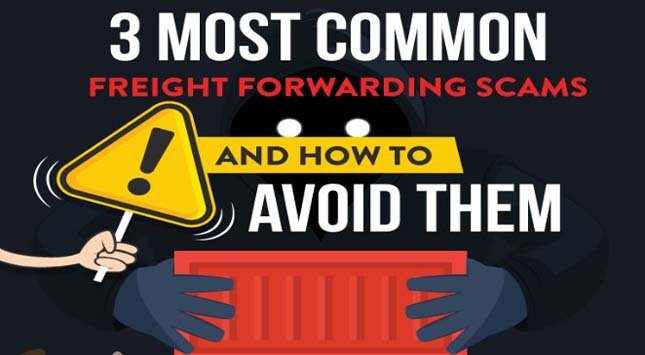Because freight forwarding is an extremely important industry, due to being crucial in shipping products abroad, freight forwarding scams have also surfaced to take advantage of unsuspecting clients. Here are some of the common freight forwarding fraud and here’s how you can avoid it.
This first on the list is called the Bill of Lading (BOL) Ransom. This is an enticing type of scam as it offers shipment for a very low price, but at the cost of the shipment being held indefinitely until the client is forced to pay a ransom or payment for the goods to be delivered.
A quick way to avoid this is by making sure to transact only with a legitimate freight forwarding website.
The second fraud tactic is called the Duplicate Name Scam.
As the name implies, fraudsters will try to impersonate a legitimate website in hopes of confusing shippers. To prevent this, always review the website details to ensure that you’re not dealing with a bogus or fake one.
The last fraudulent tactic is called Cargo Theft. Similar to BOL, scammers will pretend as freight forwarders, then run away with the cargo once it is being shipped. A good to not fall a victim into this is to maintain strict vigilance when dealing online and make sure that there will be sufficient tracking information provided by the shippers.
Dealing with a freight forwarding company can be scary after knowing all these scams, but with enough education and awareness, clients will ensure their cargo will be delivered safely, anytime and anywhere. To learn more, have a look at this detailed infographic made by Excelsior Worldwide Freight Logistics Corp:


